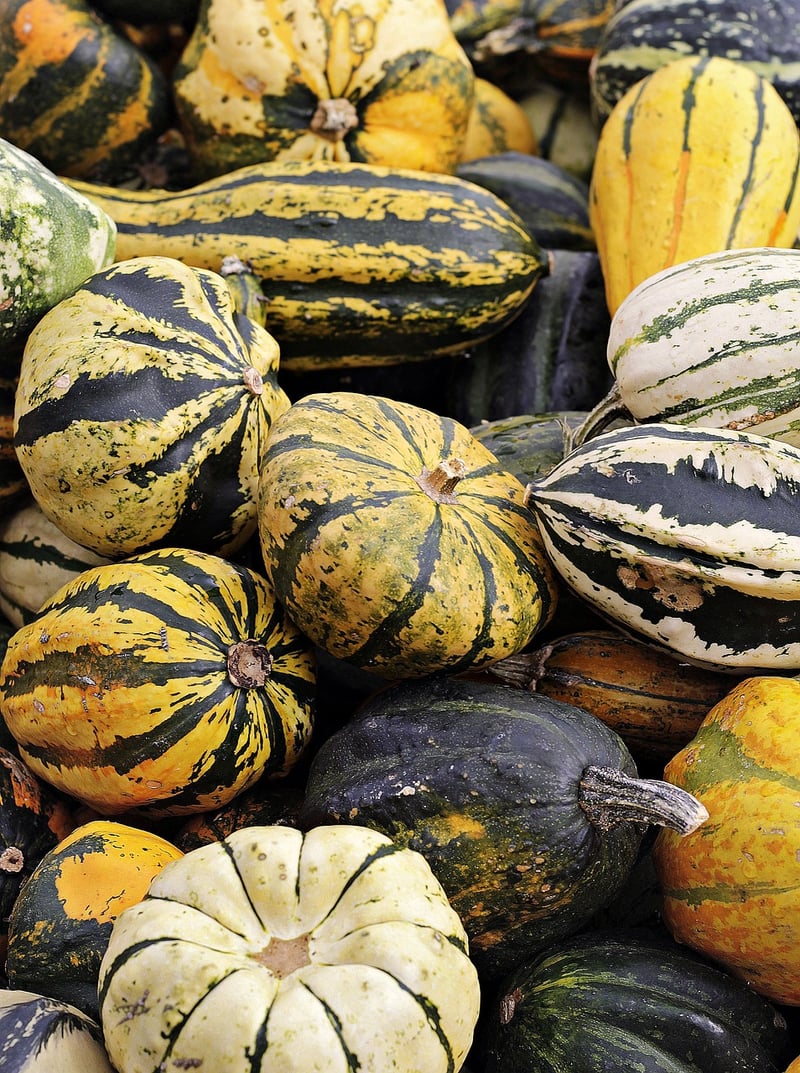Herb Gardening
Grow Your Own Food with Herb Gardening

Herb gardening is a rewarding and sustainable way to grow your own food right at home. Whether you have a spacious garden or just a small balcony, cultivating your own herbs can add freshness and flavor to your meals while also providing numerous health benefits.
Why Herb Gardening?
Herb gardening allows you to have a fresh and readily available supply of herbs for cooking, teas, medicinal purposes, and even for natural home remedies. It's a cost-effective way to enhance your dishes and reduce your carbon footprint by minimizing trips to the grocery store.
Getting Started
To start your herb garden, choose a sunny spot with well-drained soil. You can either plant herbs in the ground, in raised beds, or in pots and containers. Popular herbs for beginners include basil, mint, parsley, chives, and rosemary.
Caring for Your Herbs
- Water your herbs regularly, ensuring the soil is moist but not waterlogged.
- Prune your herbs to encourage new growth and prevent them from becoming leggy.
- Feed your herbs with a balanced fertilizer to promote healthy development.
- Protect your herbs from pests by using natural remedies or companion planting.
Harvesting and Storing
Harvest your herbs regularly by snipping off a few sprigs as needed. You can use them fresh or dry them for later use. To dry herbs, tie them in bundles and hang them in a warm, dry place. Once dried, store them in airtight containers away from direct sunlight.
Health Benefits
Herbs are not only flavorful but also packed with essential nutrients and health-promoting properties. For example, basil is rich in vitamins A and K, mint aids digestion, parsley is a good source of antioxidants, and rosemary has anti-inflammatory benefits.
Start your herb garden today and enjoy the satisfaction of growing your own food while elevating your culinary creations with fresh, aromatic herbs!
For more inspiration and tips, check out The Old Farmer's Almanac - Herb Gardening 101.

